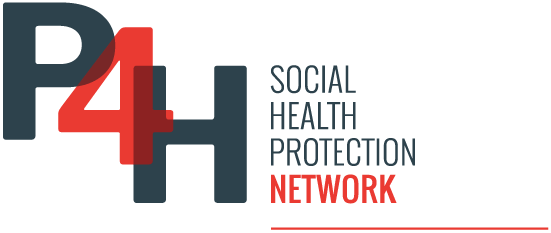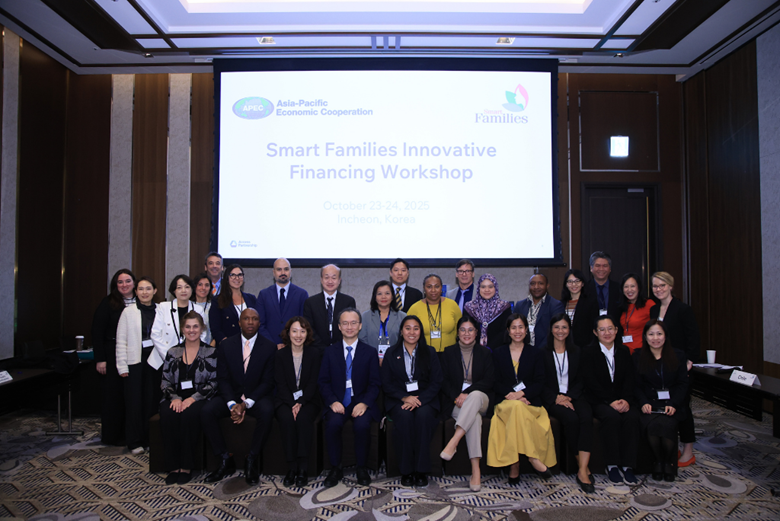
APEC advances collaborative agenda to close women’s health financing gaps
APEC economies are strengthening cross-sector collaboration to close women’s health financing gaps, shaping a new regional framework to expand access to essential services through innovative financing.APEC economies are intensifying efforts to address persistent...

African nations turn to health taxes as aid declines
With shrinking aid, African nations are adopting taxes on tobacco, alcohol, and sugary drinks to fund health systems and fight non-communicable diseases. Experts at a regional forum highlighted the promise and pitfalls of health taxes, urging transparent,...

Raising Taxes on Tobacco, Alcohol, and SSBs Could Boost China’s Health and Economy
Rising NCDs in China driven by tobacco, alcohol, and sugary drinks underscore the need for stronger health taxes. New modelling shows a 20% price hike could yield major health and economic benefits. Evidence supports phased, product-specific tax reforms, complemented...
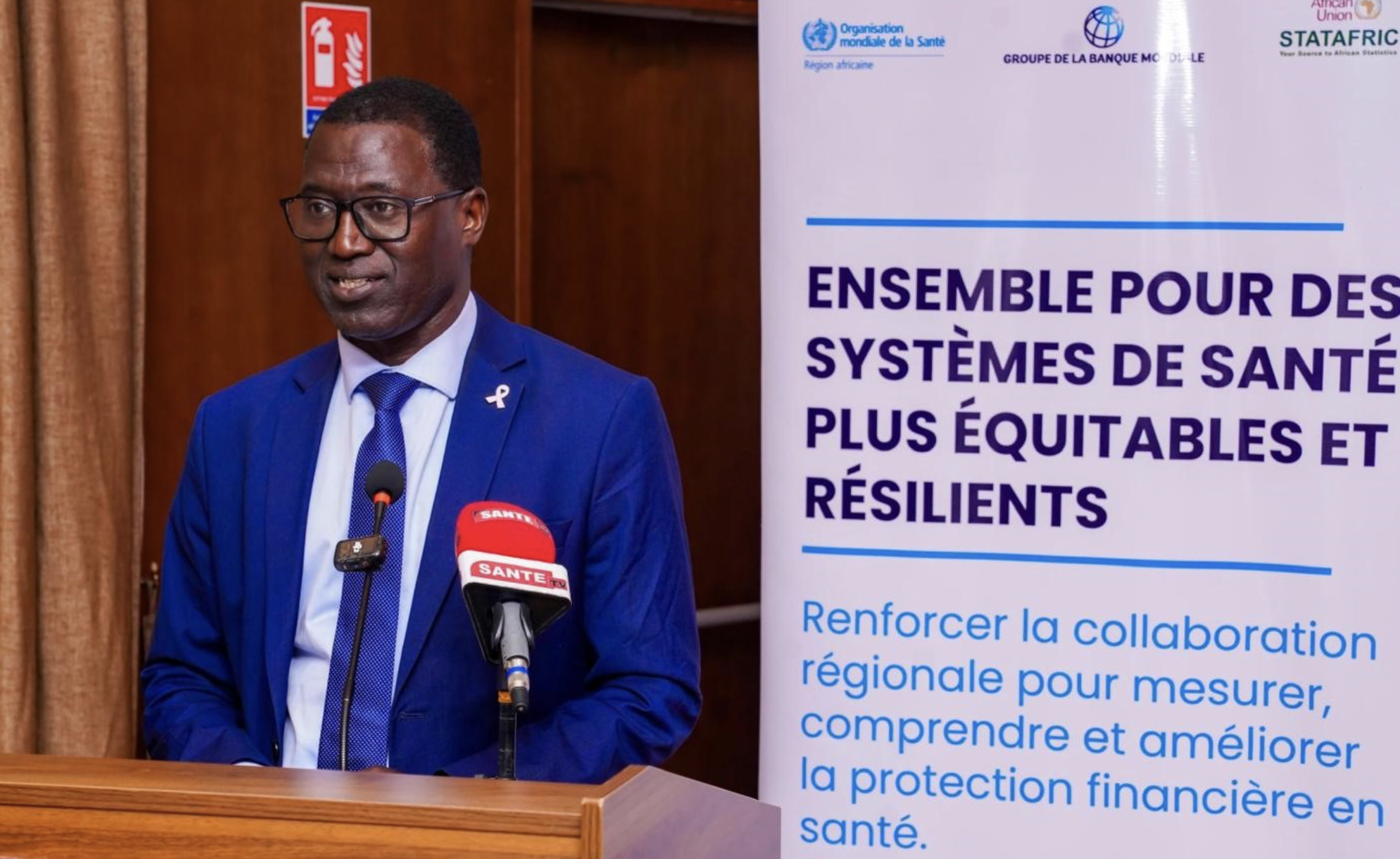
Partnership enhances Africa’s health accounts to advance UHC
WHO and STATAFRIC are collaborating to improve how African countries track health spending and financial protection. Through regional workshops and shared data standards, the initiative builds capacity to generate reliable health statistics that inform policy, promote...
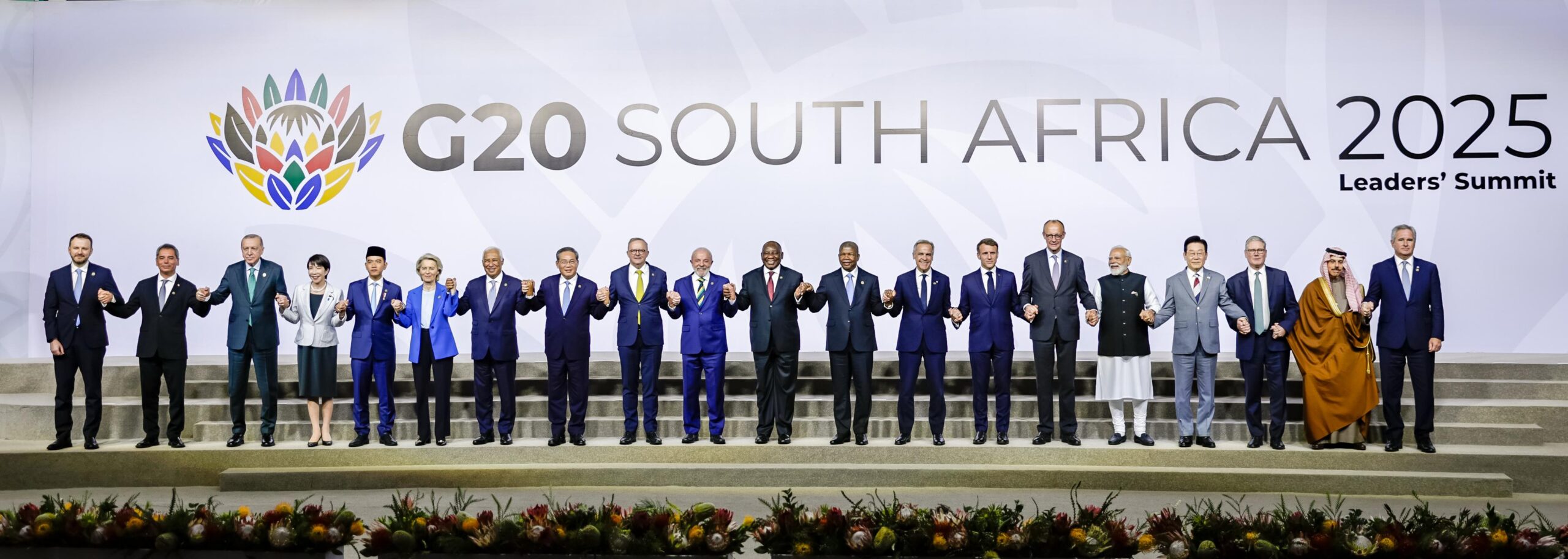
G20 endorses the Lusaka agenda for global health reform
The G20’s reference to the Lusaka Agenda signals growing global momentum for integrated, country-led health systems, but sustained action and investment are urgently needed, say Stine Håheim & Usman Mushtaq in Health Policy Watch.Health Policy Watch reports that...
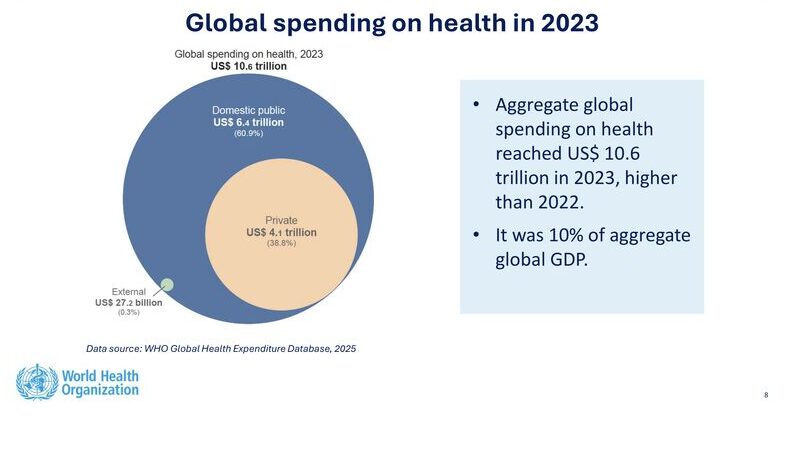
WHO releases 2025 update of the global health expenditure database
WHO has released updated health expenditure data for 190+ countries, including new visual dashboards and technical resources, covering spending trends from 2000–2023.The World Health Organization has officially launched the 2025 update of the Global Health Expenditure...

Senator Questions PhilHealth’s Fund Management Amid Delayed Benefit Rollouts
Senator Bong Go criticized PhilHealth’s handling of funds, citing its ₱60-billion treasury transfer in 2024 and rejection of a ₱70-billion subsidy in 2025 as setbacks to Universal Health Care implementation. He blamed delayed benefit rollouts for unused funds and...
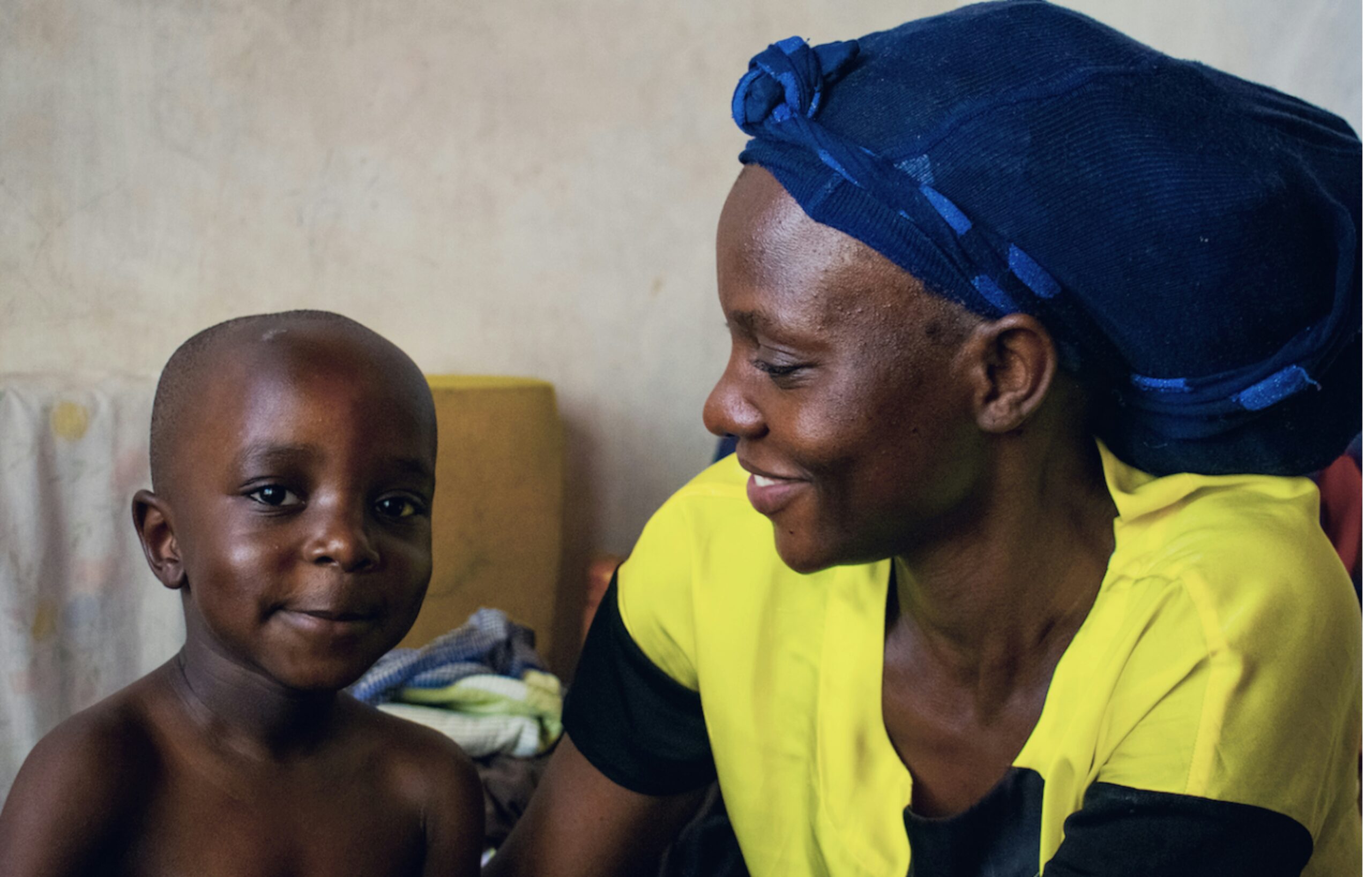
Kenya Boosts Cancer Coverage and Advances Universal Health Reforms
President Ruto announced expanded cancer coverage and key UHC reforms, including improved medicine supply and a new hospital equipment model. The government now insures 2.3 million vulnerable citizens, with goals to enhance efficiency, quality, and equity in...

Austria Launches €500 Million Health Reform Fund to Strengthen Care System
Austria’s coalition government will launch a €500 million-a-year Health Reform Fund to expand primary care, strengthen prevention, and boost digital health services. Welcomed by health agencies, the plan faces Green criticism for lacking structural reform and creating...
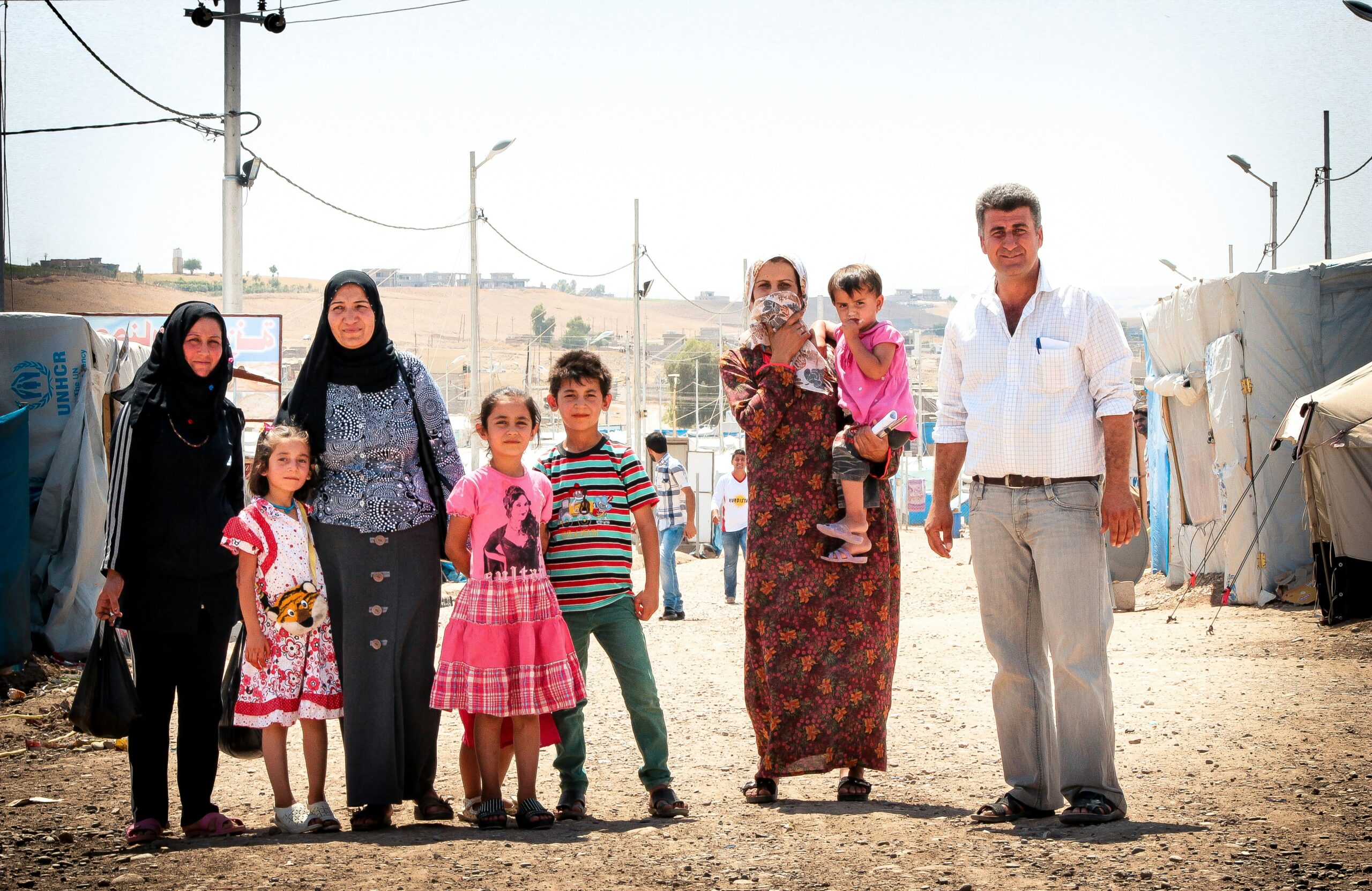
Iraq to expand national health insurance to nine provinces in 2026
Iraq will expand its national health insurance system to nine more provinces, starting next year, with full integration planned by 2026. Rollout will be phased, prioritizing government employees, social welfare recipients, people with disabilities, and retirees....

Nigeria and Cross River strengthen commitment to UHC
Nigeria and Cross River State reaffirm commitment to UHC progress at the 66th National Council for Health. Key reforms include expanded health insurance, primary healthcare upgrades, and increased federal funding. WHO and development partners support coordinated...
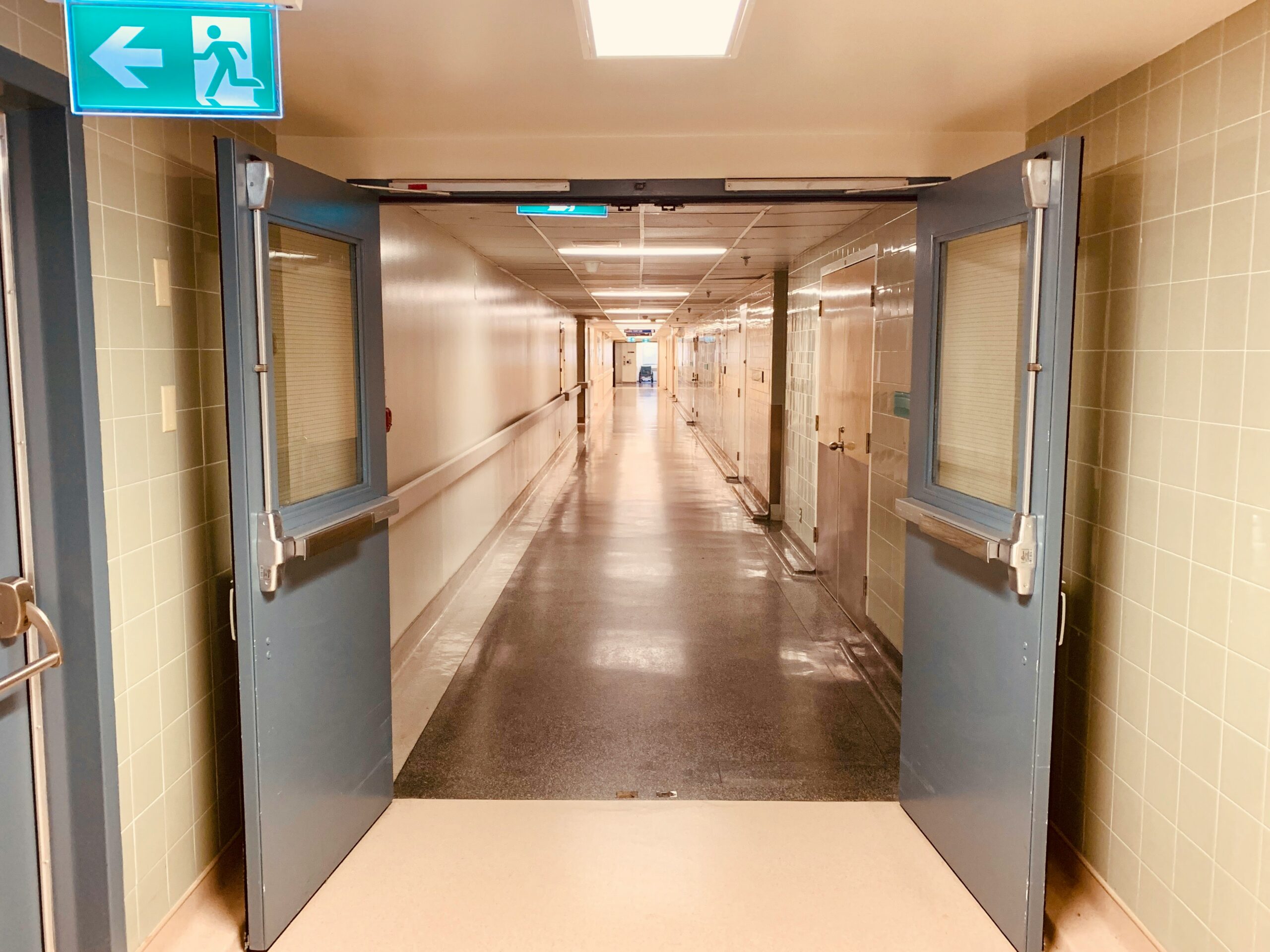
Australia proposes benchmark pricing overhaul for private hospitals
Australia may introduce a benchmark pricing model for private hospital funding by 2028, replacing negotiated contracts between insurers and hospitals. The proposed “Private National Efficient Price” aims to standardize costs and improve transparency but faces industry...

In Latin America, investing in health generates good returns
A new study conducted on Latin American data by the Wifor Institute confirms what health economists have been saying for a long time, that investments in a nation's health are not an expense, they are an investment.Health economists have long insisted that a nation's...
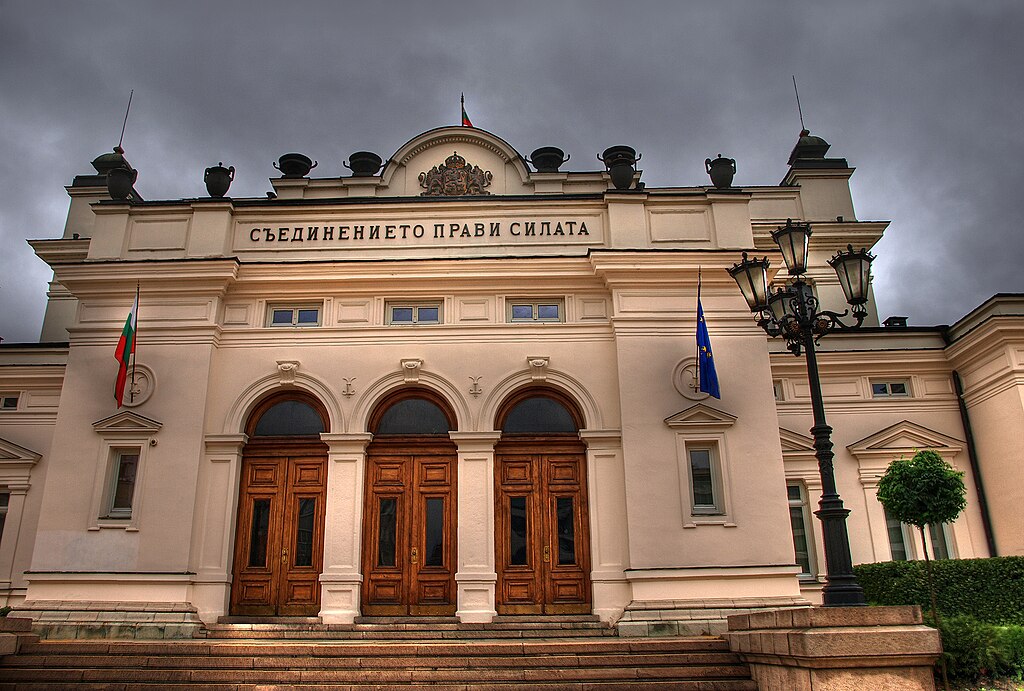
Bulgaria’s 2026 budget plans balance social spending with fiscal limits
Bulgaria’s parliament advanced the 2026 State, Social Insurance, and Health Insurance budgets, projecting 2.7% growth and a 3% deficit. The plans raise wages, pensions, and social contributions, but divide opinion—unions welcome income growth, while employers warn of...

Most Indians with Disabilities Lack Health Insurance: White Paper
Over 80% of Indians with disabilities lack health insurance; over half of applicants are rejected, often for their disability or pre-existing conditions. Barriers include unaffordable premiums, inaccessible platforms, and low awareness. Experts call for urgent...
